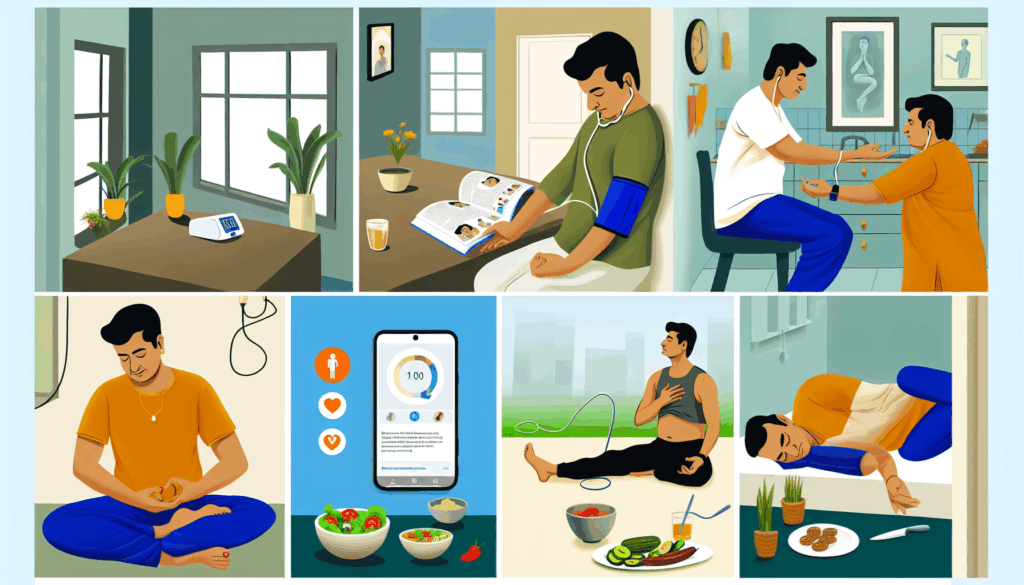Mastering Self-Care: Tips for Successful Home Health Management
When it comes to maintaining good health, self-care plays a crucial role. This is especially true for individuals managing chronic conditions at home or those relying on home health care services. Yet, the concept of self-care extends beyond medical treatments; it involves a comprehensive approach towards physical and mental well-being. This post aims to guide you through the process of building a successful self-care routine for effective home health management.
Understand Your Health Needs
Start by understanding your unique health needs. Different conditions require different care strategies. For instance, a diabetes patient has to monitor blood sugar levels, while someone with heart disease may need to track their blood pressure. Review your doctor’s advice, prescription medications, recommended diets, and exercise routines. These form the basic pillars of your self-care routine.
A Good Nutrition Plan is Key
Nutrition plays a pivotal role in health and recovery. A well-balanced diet strengthens your immune system, improves body function, and speeds up healing times. Include a variety of fruits, vegetables, lean proteins, and whole grains in your diet. Remember to tailor your nutrition plan to your specific health needs. For instance, sodium-restricted diets are beneficial for hypertension patients, while controlling carbohydrate intake is crucial for those with diabetes.
Exercise Regularly for Physical and Mental Wellness
Regular exercise benefits your overall health. It aids in maintaining healthy body weight, reducing anxiety and depression, and promoting heart health. However, always consult with your healthcare provider before you start any exercise regimen. Simple activities like walking, light strength training, or stretching can make a notable difference. Exercise, like any self-care activity, should be enjoyable rather than a chore.
Pay Attention to Mental Health
Sustaining mental health is an often overlooked aspect of home health care. Loneliness, stress, depression, and anxiety can develop when managing health conditions at home. Establish practices such as mindfulness, yoga, hobby cultivation, or counseling to take care of your mental well-being. Always remember it’s okay to seek help if you need it.
Regular Health Checks are Essential
Home health care also involves routine checks of your vital signs such as heart rate, blood pressure, or glucose levels as recommended by your doctor. Regular monitoring is crucial in keeping track of your condition and noting any significant changes early on.
Embrace Digital Health Tools
Technology can make home health care easier. There are plenty of health experience apps and monitoring devices that can support your self-care routine. From reminder apps for medication to home health testing kits and online therapy sessions, digital health tools make effective self-care more manageable.
In conclusion,
Self-care isn’t a one-time solution; rather, it’s a continuous process adapting to your health’s changing needs. Balancing physical health with mental well-being while maintaining a proactive approach towards health management can help you lead a healthier, happier life at home. Remember, it’s all about providing the care you deserve to yourself.
In the journey of home health management, you are your own best caregiver. Embrace self-care and unlock the pathway to improved home health.



